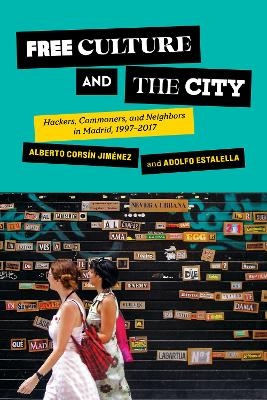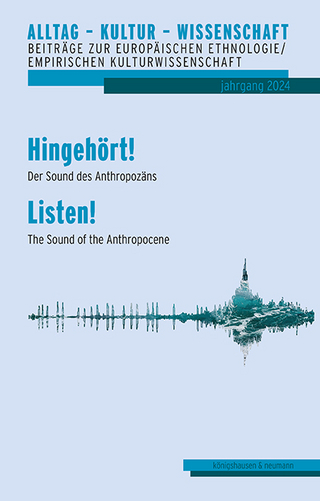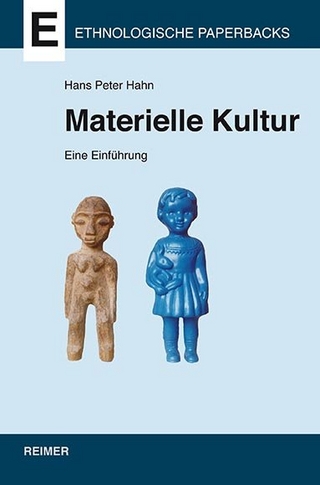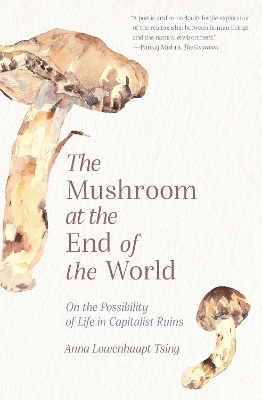
Free Culture and the City
Hackers, Commoners, and Neighbors in Madrid, 1997–2017
Seiten
2023
Cornell University Press (Verlag)
978-1-5017-6718-0 (ISBN)
Cornell University Press (Verlag)
978-1-5017-6718-0 (ISBN)
Free Culture and the City examines how and why free software spread beyond the world of hackers and software engineers and became the basis for an urban movement now heralded by scholars as a model for emulation.
By the late 1990s, digital activists embraced a philosophy of free software and "free culture" in order to take control over their cities and everyday lives. Free culture, previously tethered to the digital realm, was cut loose and used to reclaim and resculpt the city. In Madrid the effects were dramatic. Common sights in the city were abandoned as industrial factories turned into autonomous social centers, urban orchards, guerrilla architectural camps, or community hacklabs.
Drawing on two decades of ethnographic and historical work with free culture collectives in Madrid, Free Culture and the City shows how, in its journey from the digital to the urban, the practice of liberating culture required the mobilization of, and alliances between, public art centers, neighborhood associations, squatted social centers, hackers, intellectual property lawyers, street artists, guerrilla architectural collectives, and Occupy assemblies.
By the late 1990s, digital activists embraced a philosophy of free software and "free culture" in order to take control over their cities and everyday lives. Free culture, previously tethered to the digital realm, was cut loose and used to reclaim and resculpt the city. In Madrid the effects were dramatic. Common sights in the city were abandoned as industrial factories turned into autonomous social centers, urban orchards, guerrilla architectural camps, or community hacklabs.
Drawing on two decades of ethnographic and historical work with free culture collectives in Madrid, Free Culture and the City shows how, in its journey from the digital to the urban, the practice of liberating culture required the mobilization of, and alliances between, public art centers, neighborhood associations, squatted social centers, hackers, intellectual property lawyers, street artists, guerrilla architectural collectives, and Occupy assemblies.
Alberto Corsín Jiménez is Associate Professor in the Department of Social Anthropology at the Spanish National Research Council in Madrid. He is the author of An Anthropological Trompe l'Oeil for a Common World and editor of Prototyping Cultures, Culture and Well-being, and The Anthropology of Organisations. Follow him on X @acorsin. Adolfo Estalella is Associate Professor in the Department of Anthropology at the Complutense University of Madrid. He coedited Experimental Collaborations and is founding convenor of Colleex. Follow him on X @aestalella.
| Erscheinungsdatum | 10.01.2023 |
|---|---|
| Reihe/Serie | Expertise: Cultures and Technologies of Knowledge |
| Zusatzinfo | 17 Halftones, black and white |
| Verlagsort | Ithaca |
| Sprache | englisch |
| Maße | 152 x 229 mm |
| Gewicht | 454 g |
| Themenwelt | Sozialwissenschaften ► Ethnologie |
| Sozialwissenschaften ► Soziologie | |
| ISBN-10 | 1-5017-6718-6 / 1501767186 |
| ISBN-13 | 978-1-5017-6718-0 / 9781501767180 |
| Zustand | Neuware |
| Informationen gemäß Produktsicherheitsverordnung (GPSR) | |
| Haben Sie eine Frage zum Produkt? |
Mehr entdecken
aus dem Bereich
aus dem Bereich
Buch | Softcover (2024)
Königshausen u. Neumann (Verlag)
28,00 €
On the Possibility of Life in Capitalist Ruins
Buch | Softcover (2021)
Princeton University Press (Verlag)
19,90 €


